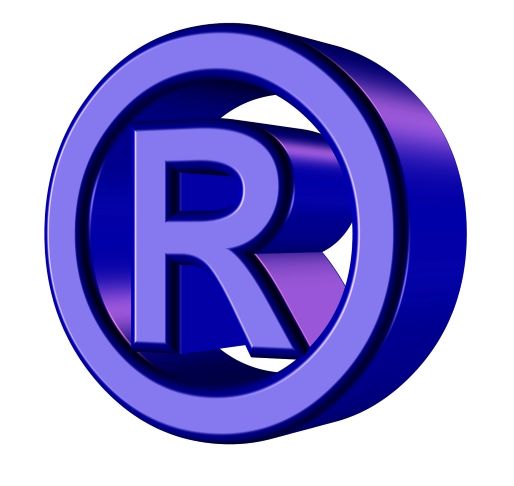I enjoy baked beans; on toast, on a baked potato with cheese, with an Ulster fry (I know, sacrilege), in a toastie, and in a myriad of other ways. But they have got to be Heinz baked beans. I’ve tried other brands of baked beans but they are just not the same. When I go to the local shop, I look for the turquoise tins with black, white and gold plate emblazoned with the name HEINZ and the words ‘57 varieties’ and know that I am going to enjoy dinner that night.
We all have brands that we love and to which we are loyal. We buy the same brand week in week out because we enjoy the experience of using or consuming that particular brand of product and the brand aligns with values we hold or is sympathetic to our values or morals.
Brands create recognition
We recognise the products we wish to purchase through the distinctive signs used by brand owners to distinguish their products from those of their competitors, i.e. through trade marks. These trade marks, e.g. names, logos, colours, slogans, etc. allow us to recognise the brand we wish to purchase and sway our purchasing decisions. Other factors, such as convenience or price, may have a significantly reduced effect on our purchasing decisions due to the loyalty we hold for a particular brand.
Jim Mullen, former CEO of Ladbrokes Coral, once said
“Of all the things that your company owns, brands are far and away the most important and the toughest. Founders die. Factories burn down. Machinery wears out. Inventories get depleted. Technology becomes obsolete. Brand loyalty is the only sound foundation on which business leaders can build enduring, profitable growth.”
Why would Jim Mullen say this?
Loyalty to Brand
Possibly, because 65% of a company’s business comes from existing customers. Since we are more willing to try new products of brands that recognise than of those we do not, a consumer who is loyal to brand is like gold to a business. A 2019 poll* found that “loyal customers are 5 times more likely to repurchase, 5 times more likely to forgive, 4 times more likely to refer, and 7 times more likely to try a new offering”.
The reverse is also true. If we have a bad experience, we are less likely to want to repeat the experience and less likely to try other products of that brand. What’s more we are more likely to share a bad experience of a brand than a good experience.
Brand Protection
If you own a successful brand there are always those who want to take unfair advantage of the good reputation you enjoy and the loyalty of your consumers. They may attempt to confuse consumers by using trade marks identical or similar to those of the brand owner which may result in loss of sales, loss of reputation, loss of brand loyalty, loss of business, etc.
When this happens, it is important to have the tools ready and available to combat this damaging use. A trade mark registration can be enforced against use of marks which are identical or similar being used in respect of goods or services which are identical or similar to those covered by the registration.
By protecting your trade marks through registration you are doing more than protecting the signs which distinguish your goods and services from others, you are ultimately protecting your brand, your revenue and your entire business.
For more information on identifying and protecting your trade marks why not contact us for a free initial consultation with one of our trade mark attorneys, at info@ansons.co.uk or mail@maclachlan.ie.
* https://www.morethanaccountants.co.uk/ultimate-customer-loyalty-statistics-2019/


